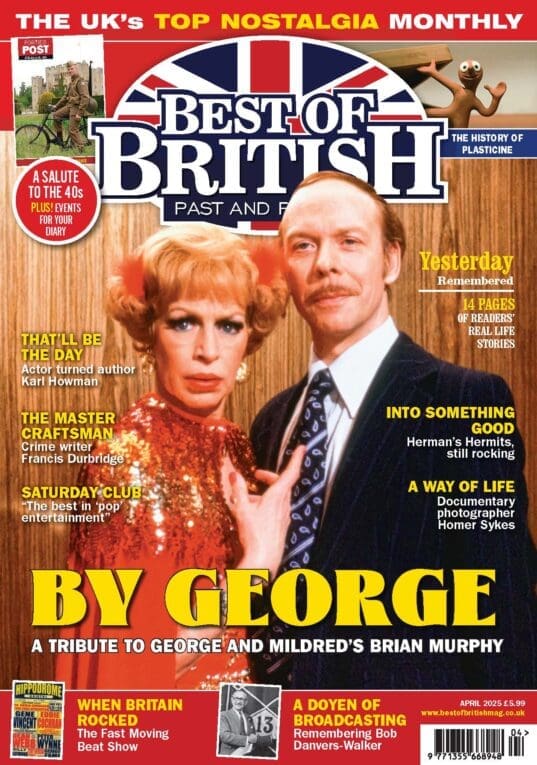Forty or so years ago, Cambridge graduate Douglas Adams was a very busy young man indeed. He had contributed sketches to radio comedy shows, The News Huddlines and The Burkiss Way, and worked as a producer on another topical radio comedy, Week Ending. Perhaps, more surprisingly he had co-written with his friend, John Lloyd, two episodes of a children’s cartoon series, Doctor Snuggles.
Chris Hallam offers a guide to Douglas Adams’ universe
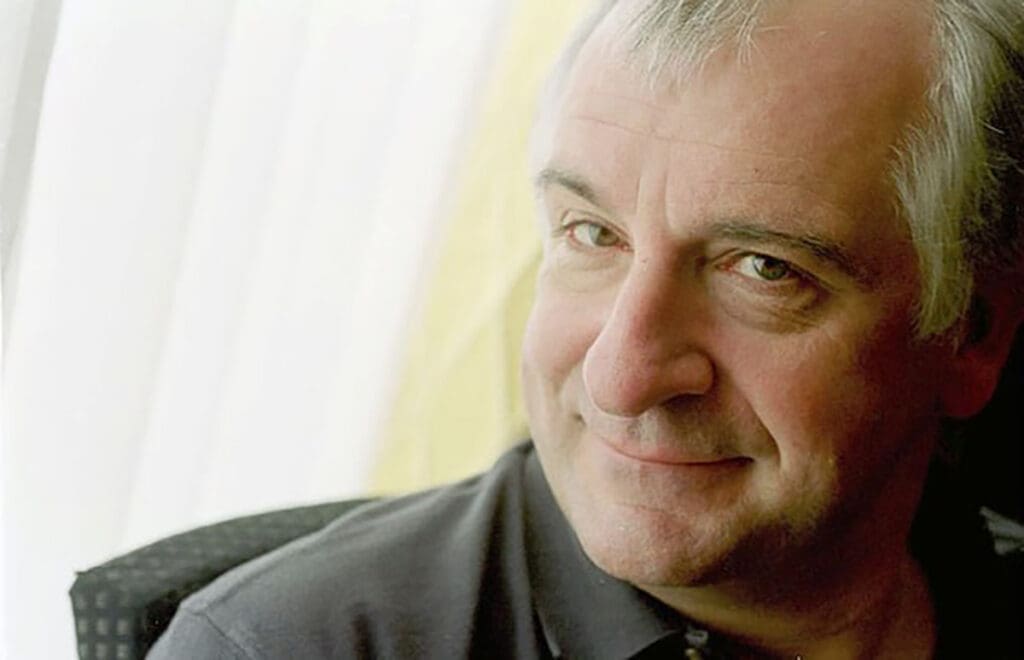
He also became a notable script editor during the classic Tom Baker era of the long-running science fiction TV series, Doctor Who. The fourth episode of a 1979 Doctor Who story by Adams, City of Death, remains the most watched episode of the show in its entire history, garnering 16.1m viewers.
Enjoy more Best of British Magazine reading every month.
Click here to subscribe & save.
This undoubtedly owed a lot to the fact a strike had shut down ITV at the time, leaving BBC Two as the only other available viewing option. But Douglas Adams’ period on the series really was popular and is undeniably fondly remembered.
By this point he was engaged in producing his magnum opus, the work for which he will always be best remembered, a series which added a unique resonance to the number 42 and which brought the phrases, “Pan-Galactic Gargle Blaster”, “paranoid android”, and “life, the universe and everything” into almost everyday usage. It is, of course, The Hitchhiker’s Guide to the Galaxy.
Although it would eventually be produced in a variety of formats, Adams’ masterpiece started out as a radio series in 1978. The story begins with ordinary Earthman Arthur Dent being rescued by his friend who goes under the pseudonym, Ford Prefect, when the Earth is unexpectedly demolished by a small-minded poetry-spouting race called the Vogans, who want to clear the way to make a hyperspace bypass.
Ford reveals himself to be alien researcher from somewhere in the vicinity of Betelgeuse, as opposed to an out of work actor from Guildford, as he’d previously claimed. He also introduces Arthur to the electronic encyclopaedia which he is helping to compile, The Hitchhiker’s Guide itself.
Arthur and Ford soon encounter a host of characters. These included Galactic President and three-armed, two-headed egomaniac, Zaphod Beeblebrox and Marvin, the paranoid android, an enormously popular character, (in reality, gloomy rather than actually paranoid) as the duo basically knock around endlessly through space.
Adams had found the perfect vehicle for his brilliantly inventive imagination. He soon transformed the stories into a hugely successful series of inevitably meandering but often beautifully written books: The Hitchhiker’s Guide to the Galaxy (1979), The Restaurant at the End of the Universe (1980), Life, the Universe and Everything (1982), So Long, and Thanks for All the Fish (1984) and Mostly Harmless (1992).
A series was made for TV in 1981: Adams could be spotted in one scene walking naked into the sea. By the time he had turned 30 in 1982, he was a millionaire.
A few years earlier, this would have seemed very unlikely. Always a bright spark during his childhood in London and Brentwood, Essex (he once had a letter published in The Eagle comic), Adams had been a star of the Cambridge Footlights and briefly seemed set to flourish afterwards, working with Graham Chapman and even appearing in some of the later episodes of Monty Python.
By the mid-70s, however, his career was floundering and he took a series of menial jobs as a lift operator, a bodyguard, and a hospital porter at Yeovil Hospital just to pay the bills. In fact, he had already had the idea which would change his life forever.
He always claimed inspiration for the Hitchhiker’s Guide had first come to him while drunk during a pre-university hitchhiking holiday in Europe.
“I got frantically depressed in Innsbruck,” Adams would say. “When the stars came out I thought that someone ought to write a Hitchhiker’s Guide to the Galaxy because it looked a lot more attractive out there than it did around me.”

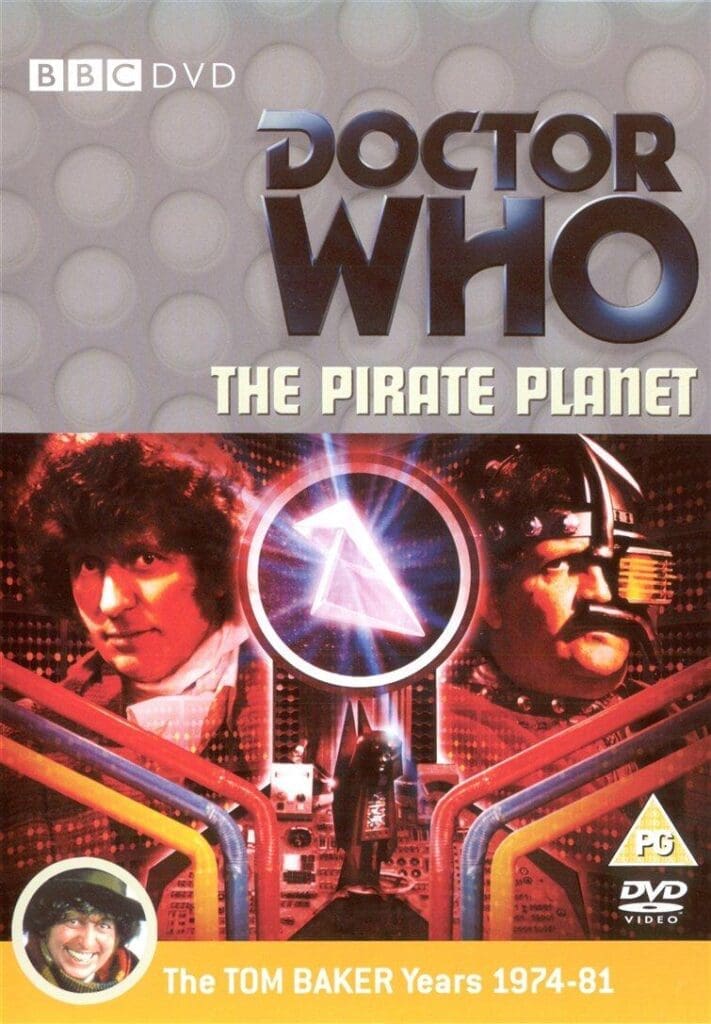
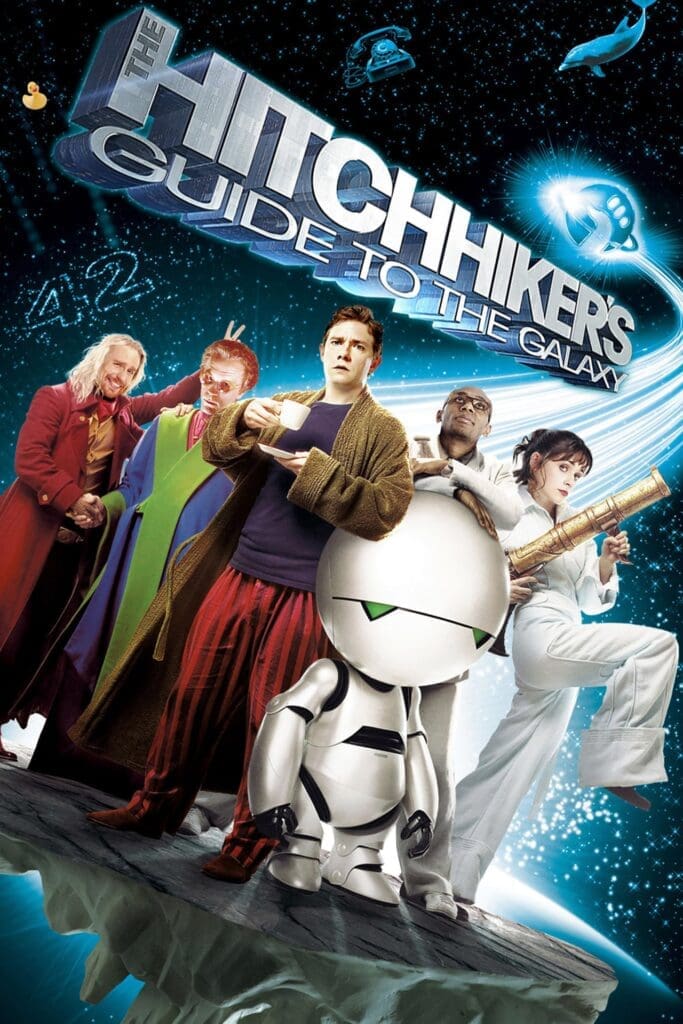
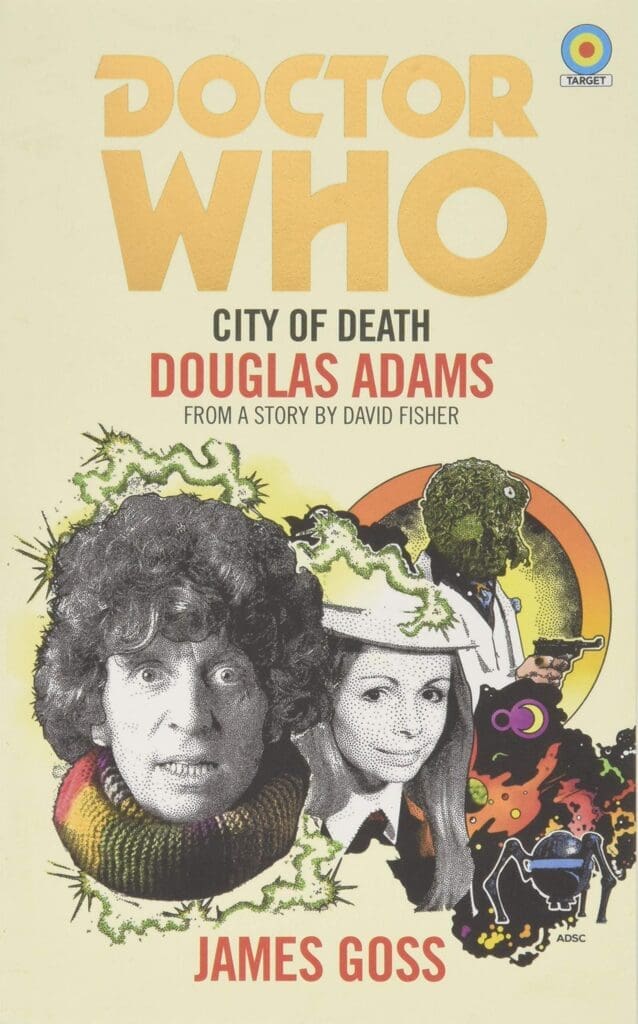
People loved and continue to love the books, partly because they are full of so many ingenious ideas (such as the Babel Fish, which can translate any language simply by being placed in the user’s ear) but also because they are so cleverly written (The effect of drinking a Pan Galactic Gargle Blaster is described by the Guide as “like having your brains smashed out by a slice of lemon, wrapped ’round a large gold brick”).
Many key phrases such as “so long and thanks for all the fish” reportedly the last message transmitted by the world’s dolphin population to the human race, shortly before the Earth’s destruction and “mostly harmless,” the succinct two word summary of the Earth in the Guide (updated from simply “harmless”) will stay with people forever.
Then, there is the Guide itself, the book within the book: a portable electronic encyclopaedia. This was still a novel idea in the 70s, when as Adams states Earth’s “ape-descended life forms are so amazingly primitive that they still think digital watches are a pretty neat idea.” But chances are, you have a similar device in your pocket right now.
Adams was, like his friend Stephen Fry, technology-obsessed and loved getting the very latest gadgets. He was a man ahead of his time.
He produced other works too, notably the two Dirk Gently books. Both have been adapted twice for two fairly short-lived TV series, the first starring Stephen Mangan and Darren Boyd, the second, set in the US starring Samuel Barnett and Elijah Wood.
The year 2005 finally saw the realisation of Adams’ long cherished dream of a big screen version of the Hitchhiker’s Guide to the Galaxy. The film, which starred Martin Freeman as Arthur Dent and Adams’ old friend Stephen Fry as the voice of the Guide, generated mixed reactions, pleasing some but disappointing others.
The books remain popular. In the 2003 BBC Big Read poll, The Hitchhiker’s Guide to the Galaxy came fourth on the list of the nation’s favourite novels ahead of 1984, To Kill a Mockingbird or all of the Harry Potter books then in existence.
Douglas Adams did not get to see any of these 21st century developments. He died, suddenly following a heart attack while in California in May 2001. He was just 49. A very tall man, Douglas Adams packed a lot into what turned out to be a sadly short life. Happily, he has left us with an excellent, often hilarious body of work and many fresh insights into the awe-inspiring sometimes bewildering nature of life, the universe and everything.

